‘Giving Back to the Emerson Community:’ Alums Discuss Black Experience in News Media
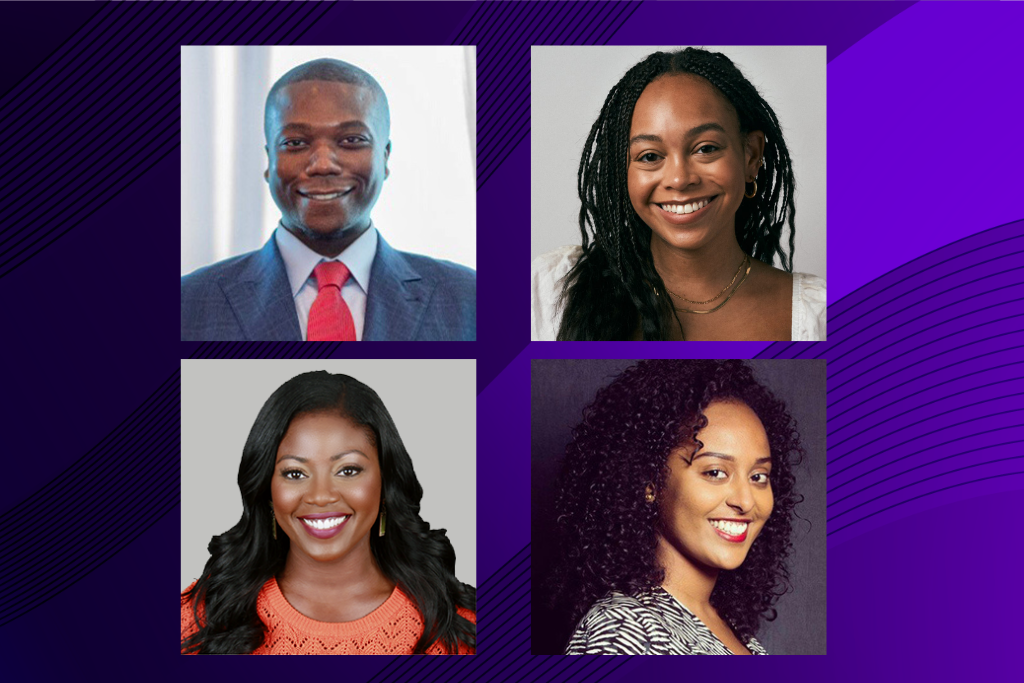
Senior Journalism major Sharon Boateng ’23 knows the power of saying “yes” to opportunities. As an intern at PBS’s Frontline program this past year, Boateng received some advice she’ll never forget.
“I had a meeting with the vice president,” Boateng recalled. “She basically said to me, ‘You’re very young. You’re going to get out of college very soon. Some great advice I can give you is to always say yes.’ I always say yes because, in my mind, there’s really nothing I can’t do or put my mind to.”
So when Journalism professor Cindy Rodríguez approached Boateng with the chance to moderate an alumni discussion about the Black experience in news media, there was only one answer in her mind.
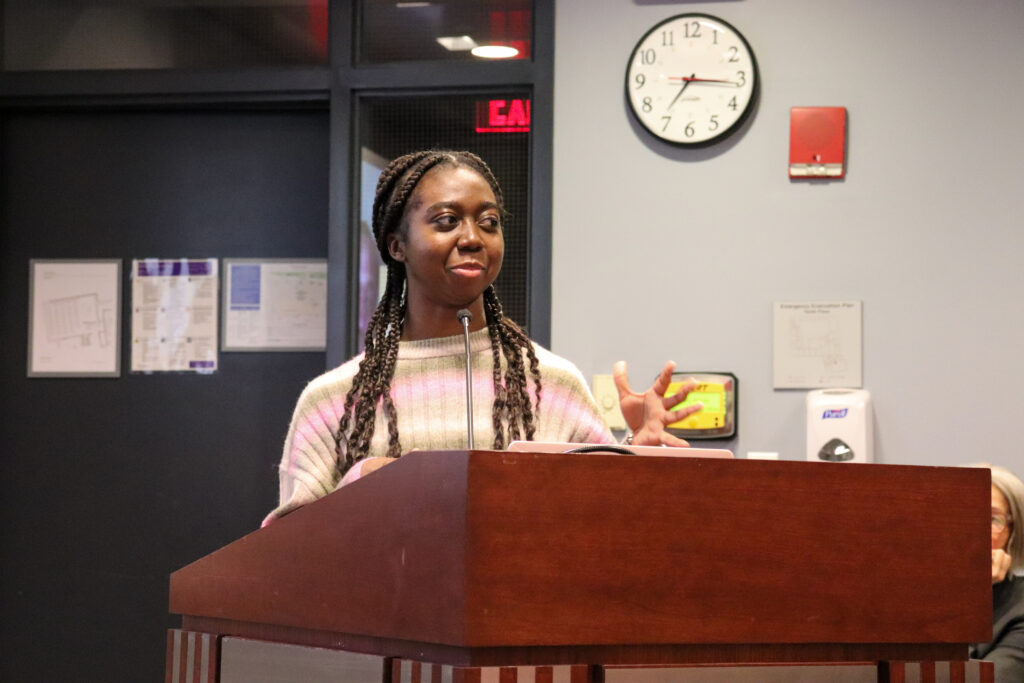
Rodriguez had been in contact with Norman Oliver ‘16, an Editorial Producer at CBS News. As a younger member of the Emerson Alumni Board, Oliver is looking for opportunities to get younger graduates involved in collegiate events.
“This was a way to showcase what our young alumni are doing and how eager they are to give back to the Emerson community,” Oliver said. “A lot of people that have recently graduated from Emerson want to be involved, but they just don’t know how… this event was one of the ways I was hoping to open that door, to create the conversation [and] get people involved.”
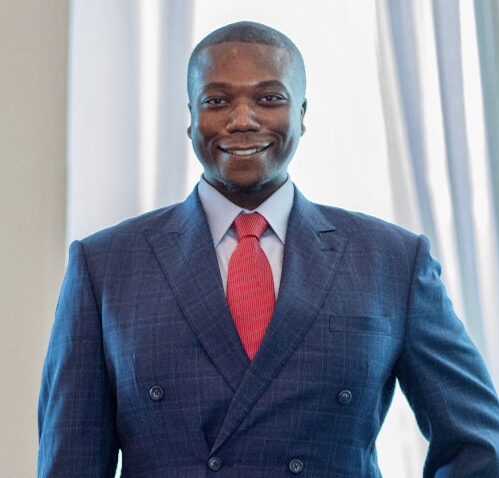
Oliver recruited his friends and fellow alums New York-based writer Hunter Harris ‘16; Muna Moushien ’14, director of global operations & planning for Paramount’s Global Office of Inclusion; and co-anchor of Good Day New York Tashanea Whitlow ‘15. In anticipation of Black History Month, Oliver and collaborators worked together to address what it means to be a Black person in the media industry.
Boateng asked the alums how they got their first jobs, how they navigate microaggressions in the workplace, and the best advice they have for soon-to-be-graduated students.
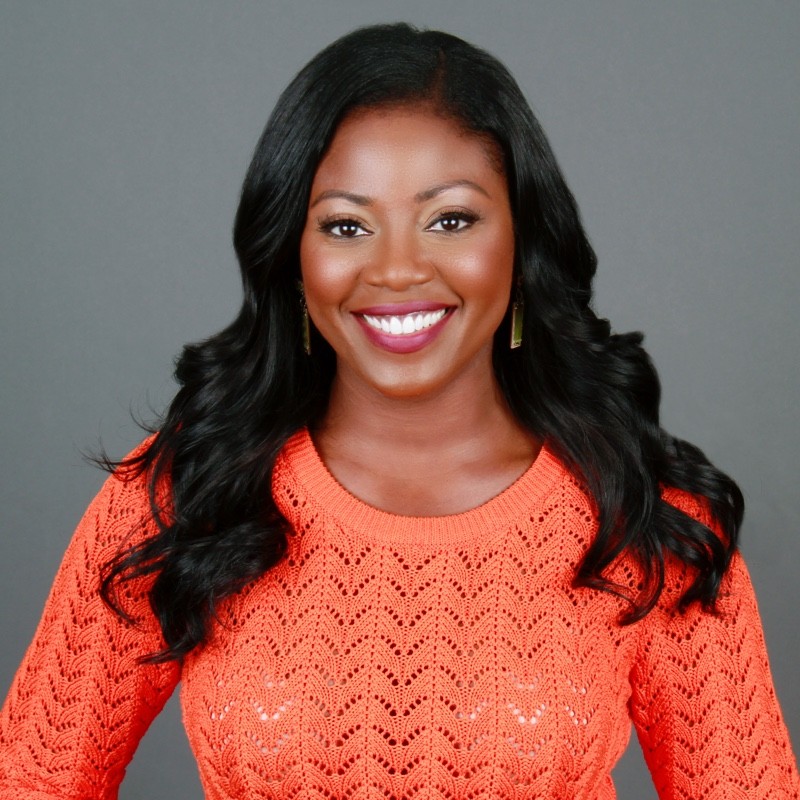
“Be hands on,” news anchor Whitlow advised. “That’s definitely one thing I learned from Emerson was just the fact that, yes, you want to be in front of the camera, but you also need to understand the workings behind the camera.”
The rest of the panel also shared what they gained from their time at Emerson and how they apply their past experiences to current jobs.
“The biggest thing that Emerson gave me was the competence to walk into any interview room with any hiring manager or recruiter and confidently present the work that I had done at Emerson,” Moushien said.
Harris chimed in, sharing how she still collaborates with college classmates.
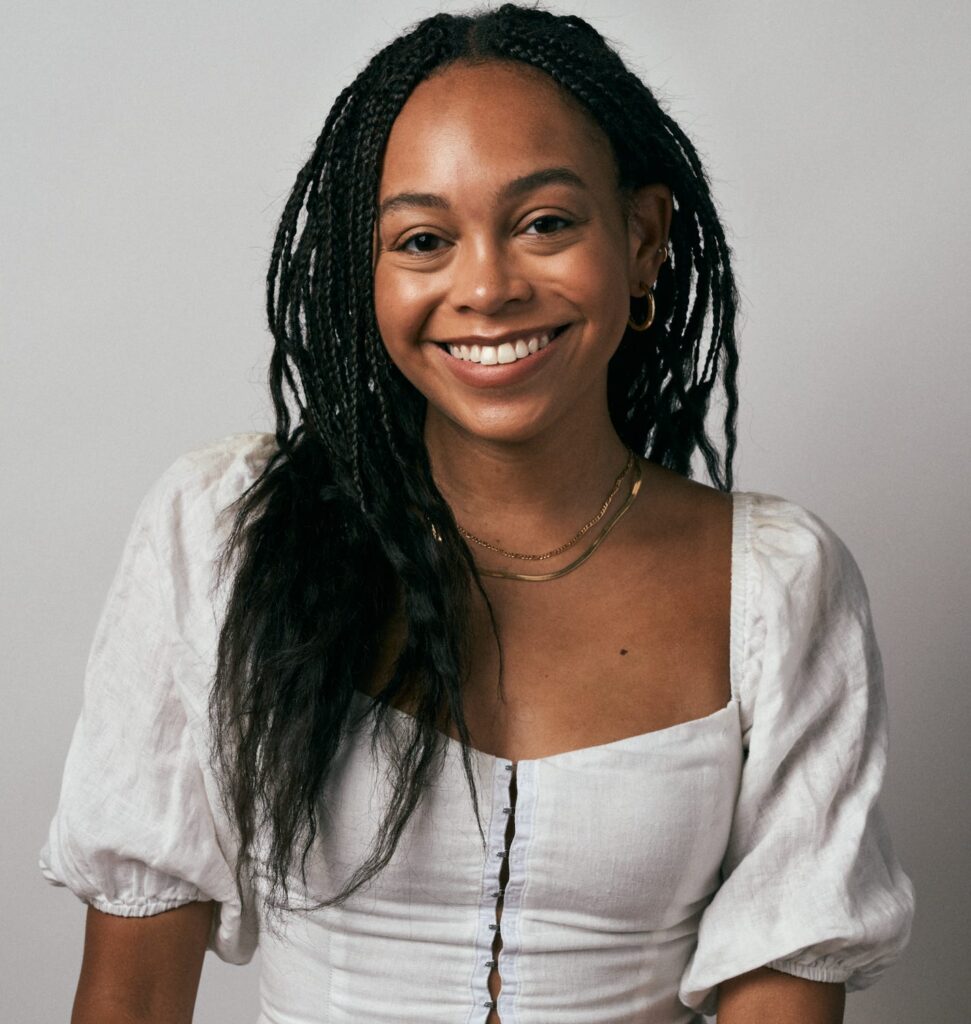
“[At Emerson] there is a lot of group work mentality,” Harris said. “We’re all trying to help each other. It’s the importance of lateral networking, not just networking up and not just trying to talk to a boss or a manager, but really trying to build relationships that are authentic and meaningful.”
The alums agreed that the Emerson Mafia, the college’s vast alumni network, is strong, and that the news media industry is a tight-knit group. So it’s important to take advantage of potential connections while dedicating yourself to your work.
The panel also addressed the reality of being Black creators in an industry that has historically underrepresented voices of color.
Harris shared how her editors would occasionally rely on her to represent “the Black perspective” on any number of topics.
“I felt like for the first couple of years in my career, it was always like, ‘Can you like give us the Black perspective on this,’ or, ‘Can you, as a Black person, chime in?’” Harris shared. “I can, but that’s not the only story I want to write.”
Moushein and Whitlow discussed the impact of impostor syndrome and the questioning from others associated with their positions in news media.
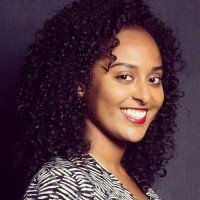
“I often have to remind myself that I worked hard to get to where I’m at and I deserve to be here,” Moushien said. “Even today, there are different spaces that I enter where I question, ‘How did I get in here?’ But just know that if you’re in a room, it’s because you deserve to be there and you also worked hard to be there.”
Acknowledging the increase in Black voices in newsrooms today, Whitlow said it is nice to collaborate with people who have shared experiences, however, this shouldn’t be misconstrued as favoritism or partnership solely on the basis of race or ethnicity.
“We’re journalists of color, but we’re still very diverse,” Whitlow said. “Our backgrounds are different. Our experiences in the industry are different. There are certain conversations that you feel comfortable having with someone that may have shared a similar background. I wouldn’t say that the work is easier… You were hired because you were qualified.”
Oliver paid homage to his past and current mentors, expressing his gratitude for the Black journalists that came before him.
“I had so many mentors and amazing journalists to look up to that were Black women, Black men, you name it,” Oliver said. “They were just running to give knowledge, ready to embrace me and give me the keys to success… There are so many people that came before me that have broken the glass ceiling so that I can just fly through and really spread my wings.”
“There are so many people that came before me that have broken the glass ceiling so that I can just fly through and really spread my wings.”
Norman Oliver ’16
Reflecting on this progress, Boateng asked the panelists how they responded to the murder of George Floyd in 2020 and if they felt a shift within the industry. The four remember how some of their own workplaces publicly supported the Black Lives Matter movement.
“As a woman of color in the inclusion space, employees were looking to me and our team to really figure out how we would continue to navigate just being at work,” Moushein said. “I remember walking outside and being afraid because I didn’t feel safe at certain points, not just because of COVID, but because of the rise of hate crimes. Everything changed. How we do work changed.”
Throughout the entire discussion, Oliver, Harris, Moushien, and Whitlow emphasized the community they formed at Emerson and the impact their relationships continue to have on their work.
“This event really showcased that Emerson is a community and a family,” Oliver said. “It showed that we’re all still so connected and that we could just pick up right where we left off.”
For graduating students like Boateng, they can find comfort in the alums’ stories and successes.
“[As a student journalist of color], it’s easy to feel out of place or like you are going to struggle out in the real world. [But] if they can do it, there’s absolutely no excuse for me,” Boateng said. “We’re all very young, very smart, very capable. Don’t say no to any opportunity. Say yes.”
Categories
Isabella Luzarraga View All
Isa is a senior journalism major minoring in media studies. She is from Omaha, Nebraska but loves coming back to the city. Outside of coursework, Isa is the Managing Editor of Your Magazine, the secretary of Emerson's chapter of NAHJ and a freelance writer for publications nationwide. She loves reading in the Common, going for long runs and sipping iced coffee.